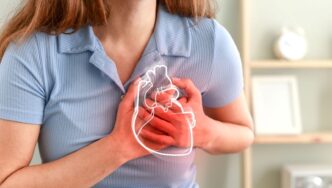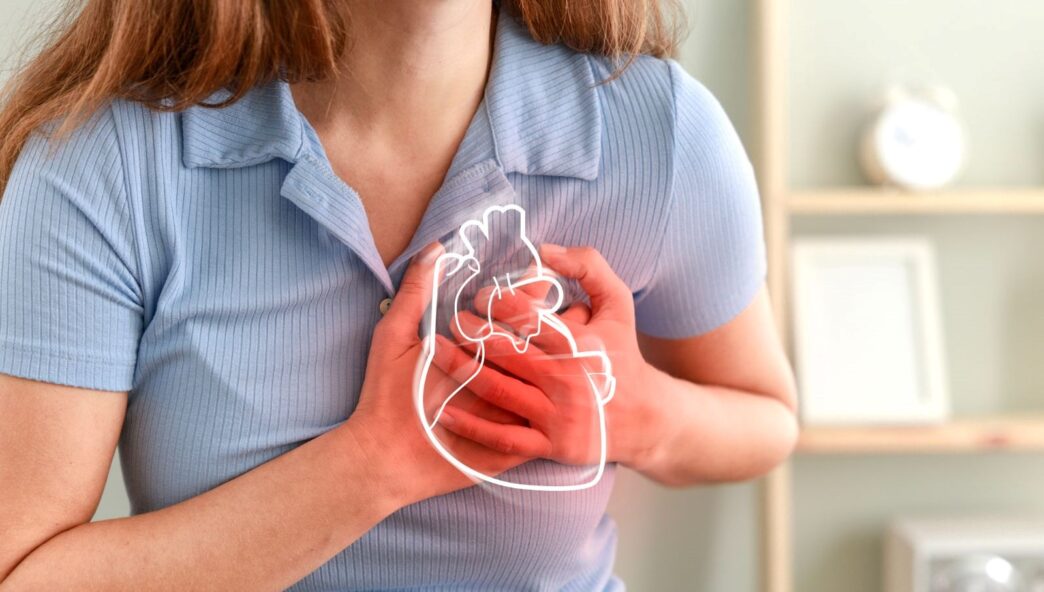Scientists in Germany have taken an important step in the treatment of heart failure with heart muscle patches taken from blood that can turn into stem cells. Promising results were obtained in the first clinical trials.
Scientists in Germany have revealed that heart diseases can be treated with “heart muscle patches” taken from blood that can turn into stem cells. Scientists from the University of Göttingen Medical Center in Germany first tried this treatment in monkeys with heart failure, and then studied the heart of a 46-year-old female patient in 2021. Researchers placed 10 muscle tissues consisting of 400 million cells on the outer surface of the heart of a patient who had heart failure after a heart attack and determined that the patient’s condition remained stable for 3 months. Researchers examined the patient’s heart at the end of this 3-month period and observed that the muscle patches formed veins and connected to the heart and safely supported the pumping of the heart. Scientists stated that the muscle tissues in question were sewn onto the surface of the heart with a small incision in the chest. It was emphasized that the treatment was not tested to completely eliminate the need for a heart transplant, but to help patients waiting for a heart transplant. Researchers, who applied the same treatment method to 14 more patients, aim to treat more patients with this new method. The results of the study were published in the journal “Nature”. According to the World Health Organization (WHO), heart diseases are one of the leading causes of death worldwide, and early diagnosis is important for treatments. While scientists have been experimenting to place stem cells or muscle tissues produced from stem cells into the heart for many years, these studies have mostly encountered obstacles such as irregular heart rhythm, tumor formation and rejection by the immune system.













